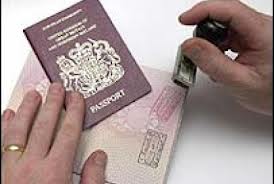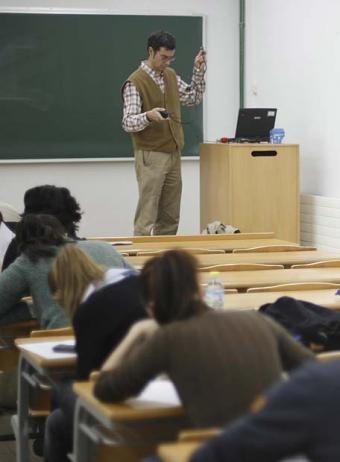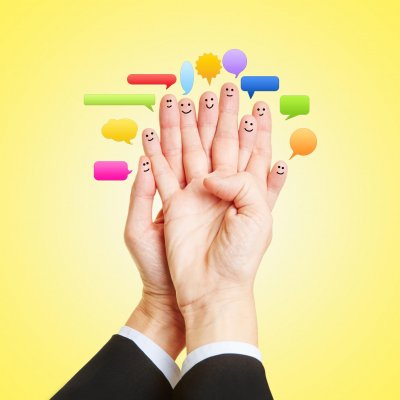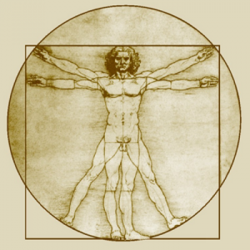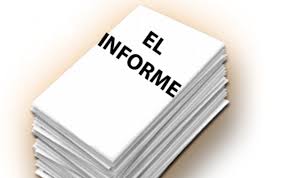 Help is called a human action aimed at alleviating or solving the needs of a person or social group. The aid can be made unilaterally, when the recipient does not repay it, or reciprocally, when all parties benefit.
Help is called a human action aimed at alleviating or solving the needs of a person or social group. The aid can be made unilaterally, when the recipient does not repay it, or reciprocally, when all parties benefit.
The current economic organization with its consequent organization of work seems to enthrone the notion of competition as a way to achieve progress and prosperity. The truth is that if we go through the history of humanity with a critical sense, the greatest progress in every sense was caused by cooperation before competition. Modern science is built on the theoretical postulates of the past that laid its foundations, the claims of rights were made on the search for some consensus and every human enterprise, including those that seek to achieve economic rent, can only prosper through pursuit of common ends through mutual aid.
An example of aid can be granted by the functions performed by the State. The constitution of the State has as moral support the aid to those neglected sectors that are incapable of obtaining access to goods and services that are necessary for survival. In this way, the State guarantees them education, health security and other types of coverage. It can be said then, that the State is a help mechanism that society has developed for the most disadvantaged. In the case of states of a federal nature, it is emphasized that the aid must be complementary, in such a way as to achieve coordinated and non-competitive actions at the local (municipal or county), state (provincial or regional) and national (federal) levels. ). In the case of the presence of supranational organizations, aid is usually based on cooperation between the institution in question (be it an international mechanism such as the United Nations or a non-governmental organization) and the national government.
Another example of a community founded on aid can be provided by the family. In general, this constitutes a case of constant mutual solidarity in which each member takes care of the needs of the others. Not in vain has it been said that it constitutes the cell of society. Indeed, there is no human culture recognized by history in which the family has not constituted the fundamental social nucleus and the prototype par excellence of the concept of help and life in community.
It is important to rescue the value of aid beyond a naive voluntarism that is exhausted in moral postulates of little application. The truth is that it is beneficial to face any task or social activity to emphasize a generous attitude that will pay off in the long run.. In a strictly scientific model, Homo sapiens is a gregarious animal, with a tendency to live in groups of lesser to greater magnitude (couple, family, village, city, nation), for which help seems to be part of its own genetics , since it is impossible to conceive of the social relationship in the absence of this fundamental variable of daily life. This hypothesis is supported by those who warn that the animals closest to man are the dog and the horse, beings also of a gregarious nature and that they form true "communities" in which they observe their human master as the leader of the group. On the other hand, there are plenty of historical examples that a human being can live in absolute solitude. Therefore, in reality, beyond the biological foundation of the tendency of humans to aggregate, it is clear that they must contemplate factors that exceed the sole biological appreciation, for which human help is different from the mere group life of other animals and includes unique affective and social components.

